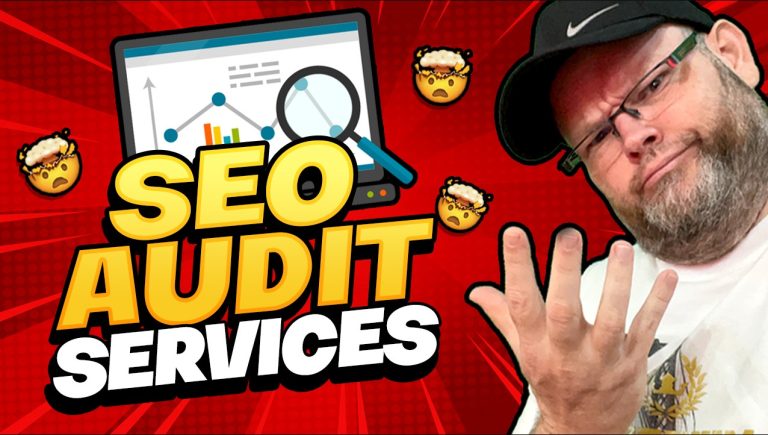
In the ever-evolving landscape of digital marketing, Search Engine Optimization (SEO) remains a cornerstone strategy for businesses striving to increase online visibility and drive organic traffic to their websites. However, with search engine algorithms becoming increasingly complex, mastering SEO can feel like navigating a labyrinth. That’s where this comprehensive guide steps in. Welcome to our journey through the foundational techniques of SEO. Whether you’re a seasoned marketer looking to brush up on the basics or a newcomer eager to delve into the world of search, this guide is designed to equip you with the essential knowledge and strategies to optimize your online presence effectively. From understanding the importance of keyword research to mastering on-page optimization and building high-quality backlinks, each section will break down key concepts and provide actionable insights to help you elevate your website’s ranking in search engine results pages (SERPs). Get ready to unlock the power of SEO and propel your online success to new heights.
Local SEO Strategies: Putting Your Business on the Map
In today’s digital age, having a strong online presence is crucial for businesses of all sizes. For local businesses, in particular, harnessing the power of local search engine optimization (SEO) can mean the difference between being discovered by nearby customers or getting lost in the vast online landscape. Local SEO focuses on optimizing your website and online presence to attract more local customers and improve your visibility in local search results. In this comprehensive guide, we’ll explore a range of effective local SEO strategies to help put your business on the map and drive more foot traffic and online conversions.
Optimizing Google My Business (GMB)
Google My Business is a powerful tool for local businesses to manage their online presence across Google, including Search and Maps. We’ll discuss how to claim and optimize your GMB listing to ensure accurate information, attract more customers, and improve your local rankings.
Leveraging Local Keywords
Targeting the right keywords is essential for local SEO success. We’ll explore how to conduct keyword research specifically for local search and how to incorporate these keywords into your website content, meta tags, and GMB profile to increase your visibility in local search results.
Building Local Citations
Local citations are online mentions of your business’s name, address, and phone number (NAP) on external websites. We’ll discuss the importance of consistent NAP information across different online platforms and how to build high-quality local citations to boost your local SEO efforts.
Encouraging Customer Reviews
Positive reviews can significantly impact your business’s reputation and local search rankings. We’ll provide strategies for encouraging satisfied customers to leave reviews on platforms like Google, Yelp, and Facebook, as well as how to respond to reviews effectively to enhance your online reputation.
Creating Locally Optimized Content
Content is still king in the world of SEO, and creating locally relevant and valuable content can help attract more local customers to your website. We’ll explore different types of locally optimized content, such as city-specific landing pages, blog posts featuring local events or news, and FAQs addressing common local queries.
Technical SEO Demystified: Ensuring Site Health and Performance
In the complex world of search engine optimization (SEO), technical aspects often play a crucial role in determining a website’s success. Technical SEO involves optimizing your website’s infrastructure, code, and performance to improve its visibility and usability for both search engines and users. From site speed and mobile-friendliness to crawlability and indexability, technical SEO covers a wide range of factors that can impact your site’s search engine rankings and overall performance. In this comprehensive guide, we’ll demystify technical SEO and provide actionable insights to help you ensure your site’s health and performance are top-notch.
Crawlability and Indexability
For search engines to rank your website’s pages in search results, they first need to discover and crawl them. We’ll delve into how search engine crawlers navigate and index websites, common crawlability issues like broken links and crawl errors, and best practices for optimizing your site’s crawlability and indexability.
Website Architecture and URL Structure
A well-organized website structure not only makes it easier for users to navigate but also for search engines to understand and index your content. We’ll explore the importance of website architecture and URL structure for both SEO and user experience, as well as tips for creating a clear and logical site hierarchy.
Mobile-Friendliness and Responsive Design
With the majority of internet users now accessing the web from mobile devices, having a mobile-friendly website is essential for SEO success. We’ll discuss the importance of responsive design, Google’s mobile-first indexing, and how to ensure your site is optimized for mobile devices to improve your search rankings and user experience.
Website Speed and Performance Optimization
Site speed not only affects user experience but also plays a significant role in SEO. We’ll explore the factors that influence website speed, such as page load times, server response times, and image optimization, as well as strategies for improving your site’s speed and performance to enhance your search rankings and reduce bounce rates.
Schema Markup and Structured Data
Schema markup is a powerful tool that helps search engines understand the content and context of your web pages. We’ll explain what schema markup is, how it works, and how to implement it on your website to enhance your search snippets, improve your visibility in rich snippets and featured snippets, and provide a better user experience.
On-Page SEO Essentials: Crafting Content for Success
In the realm of search engine optimization (SEO), on-page factors play a critical role in determining a website’s visibility and ranking in search engine results. On-page SEO involves optimizing individual web pages to improve their relevance and authority for specific target keywords. Crafting content that is optimized for on-page SEO is essential for driving organic traffic and achieving higher rankings. In this guide, we’ll explore the essential elements of on-page SEO and provide actionable tips for crafting content that resonates with both search engines and users.
- Keyword Optimization: Identify and strategically incorporate target keywords in key areas such as titles, headings, meta descriptions, and body content.
- Content Quality: Create high-quality, relevant, and valuable content that addresses the needs and interests of your target audience.
- Content Structure: Organize content logically with clear headings, subheadings, and bullet points to improve readability and user experience.
- Internal Linking: Use internal links to connect related content within your website and distribute link equity to important pages.
Conclusion
Mastering foundational SEO techniques is essential for any business striving to establish a strong online presence. By implementing strategies such as keyword research, on-page optimization, and quality content creation, businesses can enhance their visibility and attract relevant traffic. Remember, SEO is an ongoing process that requires dedication and adaptability to stay ahead in the digital landscape. As you embark on your SEO journey, keep exploring new strategies, stay updated with industry trends, and don’t hesitate to seek expert guidance when needed.
For further inquiries or assistance in optimizing your digital presence, feel free to reach out to Rank Fortress. Located in the USA, you can contact us at (904)770-5783. Our team of experienced professionals is dedicated to helping businesses thrive in the online sphere through tailored SEO solutions.

